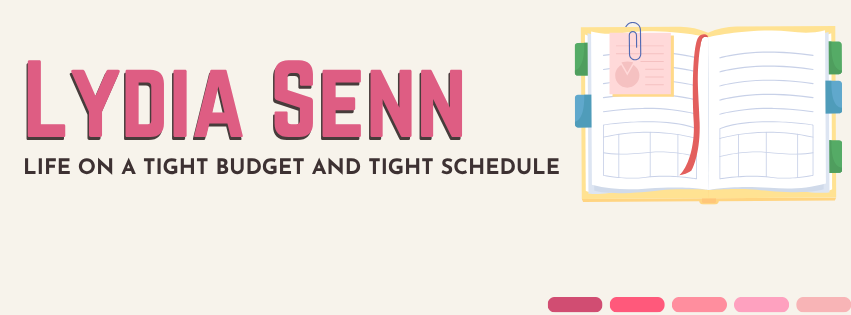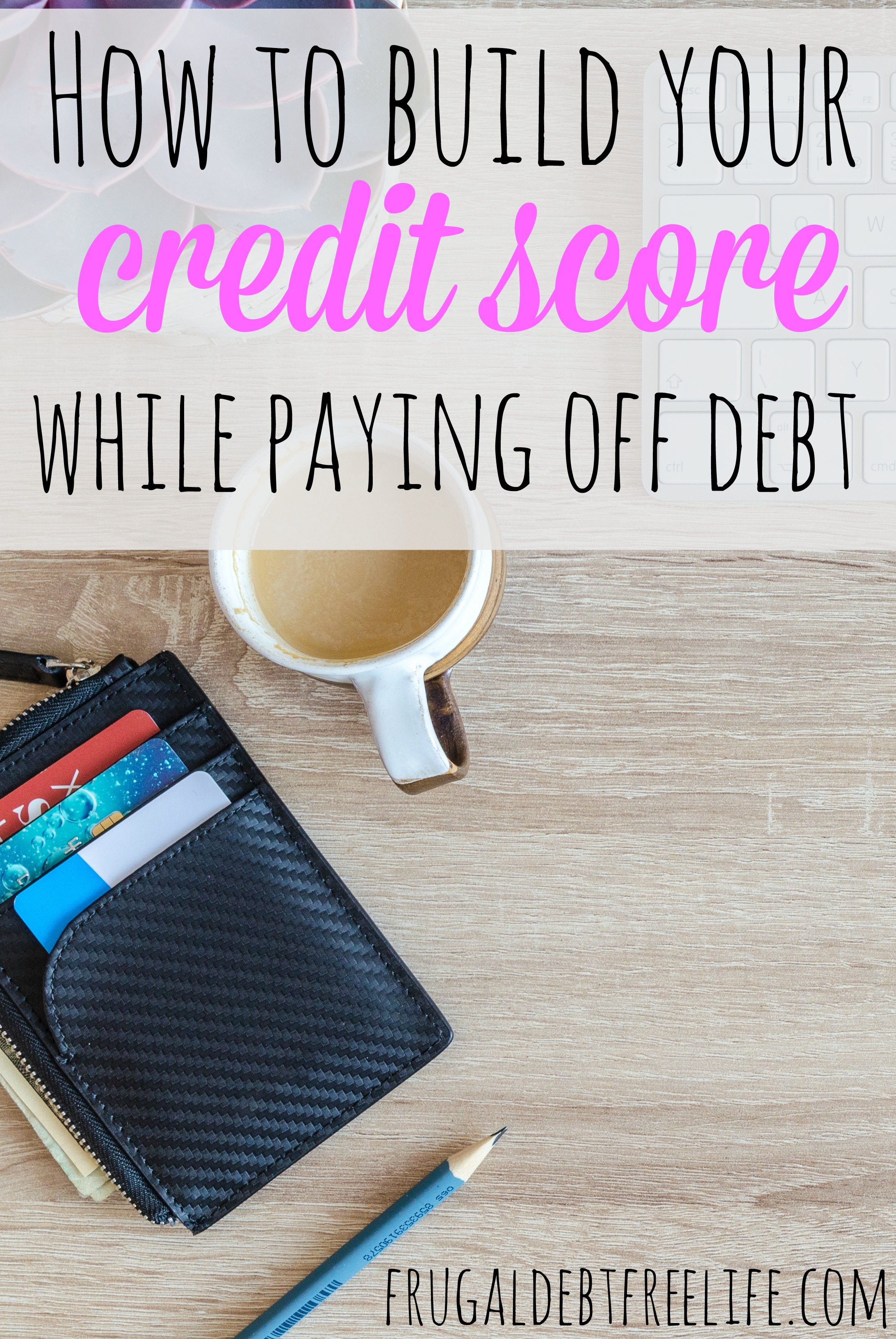Build your credit score while paying off debt!
I've gotten a lot of questions lately about credit scores -- which is always just a weird topic for me to talk.
Why do I feel so weird talking about this? One, because I don't use credit cards. I'm not the person who can use a credit card. I don't think they're evil; I don't think they're bad. I think that, in the right hands, they're a tool. But I'm the wrong hands. I think I've told you guys that I bought Amazon -- not the company, just all their inventory. So having a credit card is just not a good idea for me; therefore, I don't.
However, I'm not naive to the fact that you still have to have a credit score. In fact, I was talking to a friend recently who is debt-free. She and her husband are going to be renting an apartment, and they're having a hard time finding someone to rent to them because they have no credit score.
So today I want to talk about some ways to improve your existing credit score without taking on a credit card.
1. Make sure that you are current on your bills and payments.
If you're paying off your debt, make sure that you are not behind on anything. Call the people that you owe money to and set up some sort of arrangement. Just get current on your bills, and that will give you a little bit of a boost.
2. If you have paid things off, make sure that it is noted in your credit report.
Call the credit reporting bureaus. Call the company that you have done business with and make sure that they have reported that payment to the three credit reporting bureaus.
If you've had something that's gone into collections and you've paid it off, make sure that the company has reported that as well.
3. Get a credit report and check it for errors.
Maybe there are things on there that you have already paid off. Maybe there are things on there that were never yours to begin with. Dispute them.
Check for things like incorrect personal information, negative debt that is older than seven years, duplicate accounts (it happens; sometimes things get reported twice), and accounts that you've closed that aren't showing as closed.
4. Paying down your debt will increase your score.
If you have a ton of debt that isn't getting paid, that's going to negatively impact your credit score. So you need to make sure that you're working on paying that down -- not necessarily just to improve your credit score, but to improve your overall quality of life.
What do I say? Debt is a backpack-full of bricks and each time you pay off a debt, you take a brick out until you get to take that backpack off completely. That's the end goal -- freedom; not a credit score.
5. Make sure that you're making all your payments on time and that those payments are being reported.
If you're going to run into an issue where you're not going to pay on time, make sure that you call and make arrangements ahead of time. And make sure that those payments are being reported.
In a perfect world, we can all exist and thrive and function without a credit score. But I know that, like, when we went to sign up with the electric company and the water authority, they pulled our credit reports and we're like "Really, to get water?"

